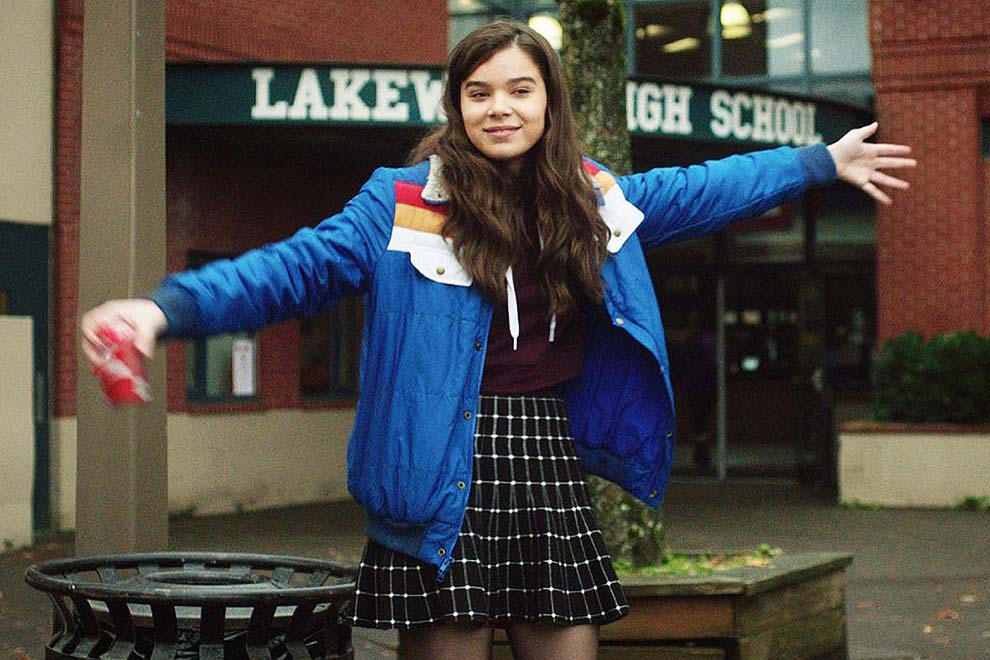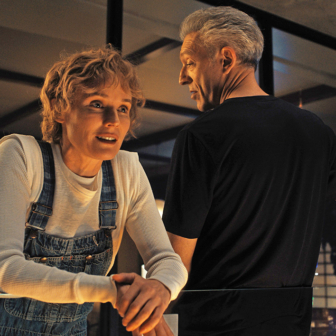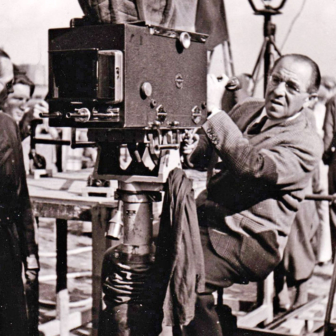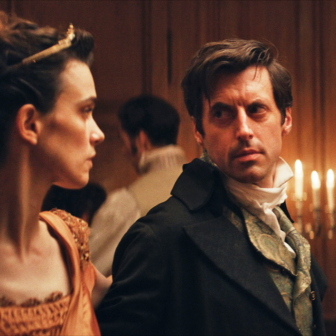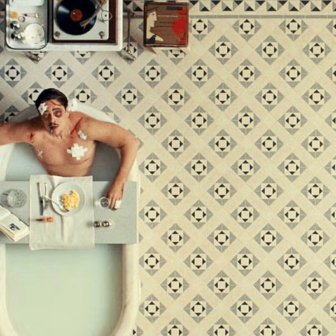You don’t have to be a teenager – or even young – to enjoy The Edge of Seventeen. In her debut feature, director Kelly Fremon Craig has maintained a sharply intelligent, no-nonsense approach to the late teens, before adulthood and its challenges displace their joys and sorrows.
This movie will have special resonance for those who remember the teen hits of the 1980s, when names like John Hughes (director) and Molly Ringwald (female lead) were on everybody’s lips, especially lips of a certain age. I’m not sure how well the teen movies of that period have aged, but on the evidence of Craig’s new film I’d say the genre, if Seventeen is typical, has come a long way since the 1980s. Not only is there a startling increase in four-letter-word incidence and a predictable preoccupation with social media (especially non-stop texting), but there is also a tough-mindedness in dealing with the coming-of-age theme that I don’t remember from the days when Ringwald was queen.
Though there is plenty of wit in Craig’s screenplay and direction, the film also canvasses, without didacticism, some of the more painful rites of passage that “seventeen” may have to deal with. And she wastes no time in establishing this theme or, indeed, the wit with which she will enliven it. The youthful protagonist, Nadine (Hailee Steinfeld), strides into a classroom and announces to the teacher, Mr Bruner (Woody Harrelson), seated at his desk: “I’m going to kill myself.” She felt she should tell someone about her plan, she adds, to which Bruner replies that he was just writing a suicide note of his own because he’d rather face “the dark emptiness than deal with badly dressed students.” On film, the black comedy of this opening exchange is highly effective.
Nadine lacks friends and her home life doesn’t offer much consolation. The dad whom she will miss has told her, as they are driving, “You have my love, and very soon you’re going to have a cheeseburger.” The others in the domestic scene are her somewhat scatty mother Mona (Kyra Sedgwick), with whom Nadine has a very scratchy relationship that even texting can’t alleviate, and her handsome, athletic brother Darian (Blake Jenner), whom Mona, like everyone else, adores despite his obvious self-regard. The quirky rapport between Nadine and Mr Bruner is another key factor in the mosaic of her unpromising life at the moment.
Clearly things are going to have to change for Nadine, and they do, but one of the really engaging things about the film is that neither Craig’s screenplay nor Steinfeld’s playing leads us to see Nadine merely as a victim of other people and circumstances. She may well be lonely, but it’s not hard to see why she may be at least partly to blame for this. Nevertheless, we – and the film – welcome a friend, Krista (Haley Lu Richardson), and they fall to talking of sex and of losing virginity. Nadine has her eye on a good-looking shelf-stacker in Petland supermarket, and after all this frank discussion she invites Krista to her house for the weekend, mother being away with an agenda of her own.
The friendship that might have been a bulwark against Nadine’s solitary bleakness is sorely tried when her hunk brother and the amiable Krista find a serious interest in each other. When she berates Darian, warning him against sleeping with “my friends,” his defence is to ask why she uses that superfluous plural. Again, though, Craig is careful to balance our sympathy for Nadine with the insight that, having invited a friend to stay, it was probably not a good idea for her to get so drunk that she spends much of the time throwing up in the toilet – and then slumping to rest on the adjacent tiles.
Nadine has two further relationships to deal with: the Petland boy, Nick (Alexander Calvert), and a Korean classmate Erwin (Hayden Szeto); and these are both worked out in ways that account for Nadine’s uncertain reactions – and usually for the audience’s delectation. But most entertaining of all are her dealings with Mr Bruner. In their performances, both Steinfeld, whom I haven’t seen since her lovely turn as Mattie Ross in the Coens’ True Grit (2010), and Harrelson, once famous for playing pornographer Larry Flynt (The People vs. Larry Flynt, 1996), are alert to the pain she experiences and the underlying humour which with their interaction is laced. When Nadine shows him a text she’s sent to Nick enumerating several intimate possibilities, for instance, Mr Bruner’s teacherly response is, “You need to watch for run-on sentences.” Gosh, how true for text-senders everywhere! These two actors effortlessly compel our involvement, and those others who make up Nadine’s world are realised with a similar astuteness.
The Edge of Seventeen is essentially a comedy, of course, and like all good comedy it is also about something serious and treats it with winning honesty as well as wit. It’s not going to end in tragedy, but it also avoids the dreaded feel-good effect. If teen flicks are about to make a comeback, I hope Kelly Fremon Craig will become the John Hughes de nos jours. And if she does, she might consider reusing some of the personnel who serve her so well here. •
